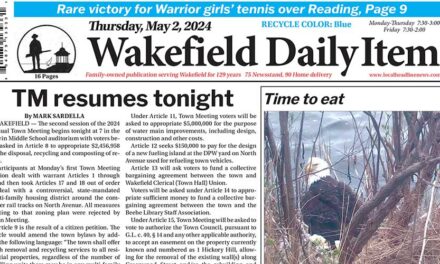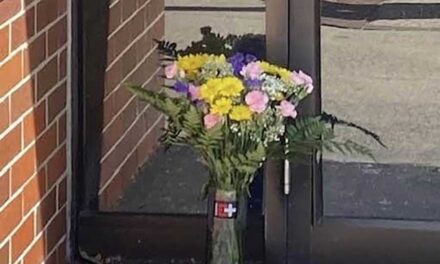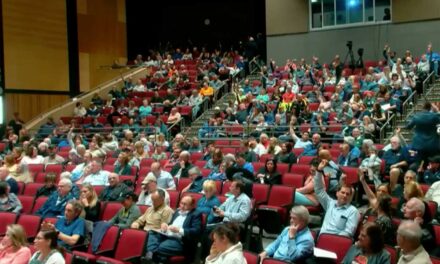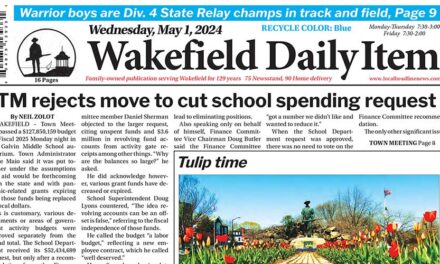By GAIL LOWE
WAKEFIELD — Every penny counts.
It’s the mantra of every school Superintendent and Business Administrator in every city and town across the country, including Wakefield’s Dr. Stephen K. Zrike and Michael Pfifferling.
Since the economy crashed in 2008, school administrators have been on the lookout for new funding sources to keep themselves afloat. Some districts have gone the route of allowing private enterprises to advertise their products and services on school buses but not all agree this is the way to go. The naysayers consider such advertising a “visual crime.”
One innovative program that got its start here in 2013 has grown from a paltry five cents to today’s $5,600 balance, thanks to Bay State Textiles and people in the community, said Pfifferling.
Early in 2013, officials from Bay State Textiles reached out to Wakefield’s Parent Teacher Organizations to see if the district would like to participate in a unique recycling program. The PTO heads then brought the idea to administrators and it was agreed to give the program a try.
The program involves textiles that are collected in special bins placed at each school and are later recycled, and for each pound collected the company reimburses the district five cents. This past year a new bin was placed on the grounds of the Early Childhood Center on Paul Avenue.
People throughout town can use these bins as a means of ridding their closets of clothes they no longer wear and long-forgotten toys. Bay State Textiles will accept everything from worn-out jeans to pocketbooks and from stuffed animals to sneakers. Not accepted are items made of metal or plastic, which would include products like umbrellas.
None of what is donated goes to waste. Everything is recycled, which not only gives the district a boost to its bottom line but helps the environment as well.
Though five cents is not a lot of money, added up over time, it grows quickly into dollars.
“In the first five months of the program, we collected 1,500 pounds of textiles,” said Pfifferling. “As the program progressed, the total donations collected grew to 6,100 pounds from about September 2013 through August 2014.”
The current academic year has weighed in so far with 3,600 pounds of textiles collected.
The money Bay State Textiles reimburses to the district is placed into a revolving account, said Pfifferling, and some of the funds have been used to purchase projectors for classrooms or whatever else a teacher might need for 21st century learning.
“Now that spring is here, it’s a good time to go through closets and see what can be donated,” said Pfifferling. “It’s a painless way to help the school district’s bottom line. And winter clothing weighs more, so that would translate into more pounds being donated and, in turn, more money for the district.”
Dr. Zrike added that such initiatives prove to be a creative funding stream for the schools.
“As a school district, we must continue to identify revenue sources like these to supplement our budget and enhance our programming,” he said.




